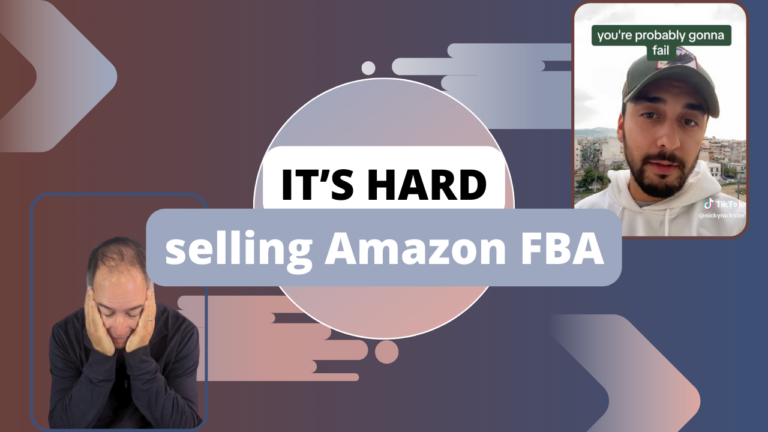Shopify & Pivotree | Will This Partnership Actually Succeed?
One goal of many businesses is to grow, and that is no exception for the ecommerce platform Shopify. In this video, Matt goes over an article sharing the news about Shopify’s new partnership in the hopes of growing the business. Watch to see if he thinks it will help.
Video Transcript:
Pivotree announces a strategic partnership with Shopify to enhance enterprise e-commerce solutions. Generally, Shopify is a platform for small sellers. If you have a product that you wanna sell on a website. Have a shopping cart, a way to take payment, and all that kind of stuff, Shopify has been a great solution. The problem for Shopify is that all these small guys are only paying 20, 30, 50 bucks a month, and then Shopify gets a portion of the sale when there’s sales if they’re using their payment solution. But that means essentially that Shopify has to get hundreds of thousands or millions of sellers to be able to scale their business and be pretty successful. Which they actually done a pretty good job of doing. They’re the No. 1 e-commerce platform out there. Sort of ready-made e-commerce solution. So they’ve done a good job with that. But it sounds like what they’re trying to do is be able to appeal to much larger sellers. Establish businesses that have hundreds of thousands of products that they wanna sell online. Rather than having them build their own solution or their own shopping cart system, Shopify wants to be able to be the back end for these businesses. And that sounds like what this announcement is about. They wanna have the ability to support these larger sellers. Course that’s a totally different business. They have different needs. They have different requirements. And so Shopify may find that pivoting even with a partner like this to being able to serve much larger clients is gonna be a real challenge. If you follow the industry, Shopify a while ago had tried to provide logistics. So you sell a product and now you have to actually ship it to the customer who bought it. With Shopify they tried to add a system so they could be more like Amazon. Where you send your products to Shopify’s logistics department, and they would take care of everything. So you didn’t have to have a bunch of inventory sitting in your garage or whatever to ship out. That didn’t last very long. And they sold that whole business off because they found out it was a huge time and money suck and did not work for them at all. They’re fundamentally a software business. They didn’t really know how to deal with physical goods and weren’t able to scale up and compete with Amazon. So they decided it wasn’t worth it, sold it off. This may be the same thing. They may decide that they’re just not really a good fit for working with 50 or 100 really really big businesses. They’re better off sticking with what they’ve always done. Which is work with a million or 10 million small businesses. But we’ll see. They’re trying to grow and this is their next idea in growth. So good luck to them. I would say the jury is out on how it will work.








